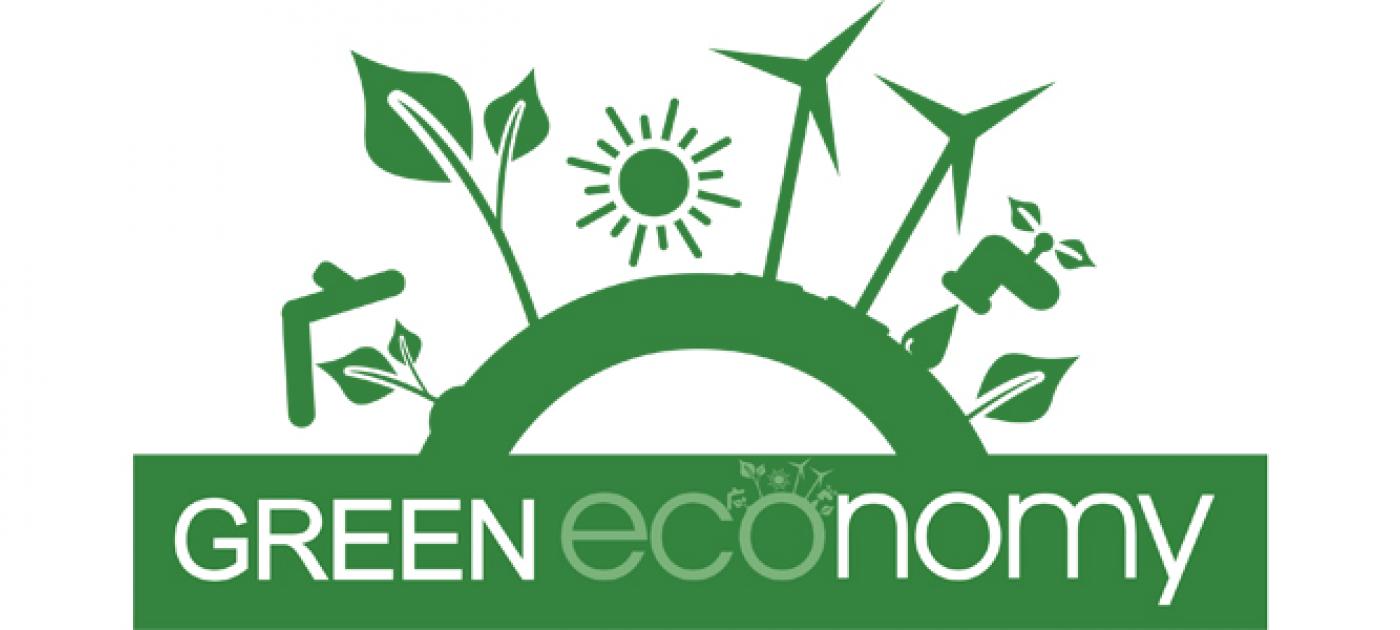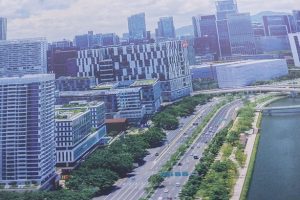
BY DARGIE KAHSAY
Ethiopia is continuously implementing a number of measures to counter the impacts of climate change. Ethiopian government’s Climate-Resilient and Green Economy (CRGE) vision and strategy aims at building middle–income economy by 2025 is an exemplary action to build resilience against the impacts of climate change.
As part of its vision of building green economy, combating climate change and for the realization of its vision of building climate-resilient economy, in addition to implementing pro-green economy policies and strategies, Ethiopia is eagerly investing on seedling plantation.
With its greenery initiative mainly starting from 2019 which started by plantation of four billion trees in a season, it has planted over 10.7 billion seedlings within two consecutive rainy seasons of 2019 and 2020. This greenery initiative is part of its building climate resilient-green economy strong policy and to fight the global warming by boosting the coverage of forests.
All these Ethiopian government’s actions and measures are timely actions to combat the trends of the increasing annual temperature and extreme weather events which leads for the occurrence of frequent droughts, Global Green Growth Institute Ethiopia Office argued.
According to the institute, to bring sustainable outcome in combating climate change and building climate resilient green economy, it needs strong participation; involvement and engagement of the private sector since climate change directly and indirectly has adverse impacts on business activities. In addition, according to the institute the private sector is the major source of carbon emission and air pollution by its factories and industries.
Active participation of the private sector is vital not only to keep the world healthy but also for the sustainability of productivity and profitability of the private sector, according to GGGI. Hence, introducing technological advancements that reduces carbon emission and investing on climate financing by the private sector is vital and critical at this time, the institute stated.
During a workshop prepared by GGGI in collaboration with Ethiopian Chamber of Commerce and Sectorial Association entitled “enabling effective private sector engagement in climate-resilient, green economy and climate finance opportunities”, it was indicated that the private sectors active engagement is vital in mitigating and adapting climate change and to support government efforts of building green and climate resilient economy.
GGGI Project Management and Monitoring Consultant, Dr. Yigremachew Seyoum told The Ethiopian Herald that active participation of the private sector is vital to combat climate change and to build climate-resilient green economy. He appreciates Ethiopia’s responses to climate change.
According to him, especially active involvement of the private sector in developing countries is a timely need since developing countries are facing the challenges of climate change mainly with severe droughts due to global warming.
In Ethiopia, Yigremachew stated, the government is implementing and initiating policies and strategies with a vision of building climate resilient green economy by 2025, but to realize the vision, it should be supported by the private sector both in financial donation and by implementing carbon free investment.
But, according to Yigremachew the private sector’s participation is passive and limited in investing in climate actions in Ethiopia.
For Yigremachew, avoiding climate risks has a direct positive impact on improving profitability and productivity of the private sector in addition to its national and international significances.
According to him climate change is affecting business by disrupting supplies, shifting demands and increasing productivity costs. Hence, investing on climate actions by private sector for him is investing on their sustainability of their productivity and profitability.
To reduce vulnerability of climate risks, active involvement of the private sector in mitigation and adaptation measures is vital and timely action for Yigremachew.
The legendary Athlete Haile Gebreselassie during the workshop on his part argued that cities are becoming hard for healthy life due to the carbon emission is growing. According to Haile to reduce the risks of climate change only by the efforts of governments is impossible and unthinkable.
Hence, Haile called on the private sector to engage heavily on protecting nature and minimizing the investment effects on climate change.
According to Haile not only supporting government’s greenery initiatives and investing on climate actions is important, we should nurture the habit of walking. For this purpose, it is critical to have vehicle free roads in towns and cities.
Presenting the experience of Marathon Motors Engineering, Founding CEO and Managing Director of the company Melkamu Assefa on his part stated that Marathon Motors is highly investing to fulfill its corporate social responsibility by supporting government initiatives.
Now, Marathon Motors is an icebreaker which launched the first electric car in Ethiopia on July 2020. According to Melkamu within ten years, by 2030, the company plans to fully shift to producing electric cars.
According to him, up to now two electric cars were assembled by the company and 30 electric cars are on their final phase to join the market.
This initiative of the company, for him, is a good move to go in line with Ethiopia’s vision of building green economy and he assured that Marathon Motors will continue its efforts of introducing new activities to support the country’s greenery activities.
Meanwhile, Ethiopian Chamber of Commerce and Sectorial Association President Engineer Melaku Ezezew on his part argued that the engagement of the private sector in climate areas is worse comparing with other development areas.
Eng. Melkau argued that to support Ethiopia to develop different capacities that will allow responding to climate change related problems; it needs strong emphasis of the private sector.
According to him the private sector can mobilize huge resources for the realization of green economy by engaging in climate actions considering the current developments.
According to Eng. Melkau the realization of government’s initiative and vision of building climate resilient green economy will become successful only with the active engagement of the private sector.
Ethiopian economy is challenged by climate change and its greenery initiative needs strong financial sources, he added. To address the problem at national level, it is only with the active participation of the private sector. Especially there is a good opportunity on financial sources if properly identifying the sources.
To build participatory and sustainable development, it needs collective effort on combating climate change and taking necessary actions timely. Melaku noted that climate change and global warming is seriously affecting the efforts of developing countries food security.
In addition, global warming is becoming the major cause for environmental degradation and infrastructural destructions due to unfavorable weather conditions.
Hence, reducing carbon emission, financial supports and introducing technological advancements in transportation, industries and other investments by the private sector will help to move further in mitigating and adapting climate change.
According to Eng. Melaku protecting and developing forest coverage, boosting energy from renewable sources and introducing power saving technologies are necessary actions for the mitigation and adaptation measures for the development of green economy.
Hence, Melaku argued that it needs strong integration of the government, private sector and development partners. Buying Melaku’s idea, Dr. Yigremachew also argued that private-public partnership is vital for the strong mobilization and successful implementation government greenery plans.
The Ethiopian Herald December 31/2020





